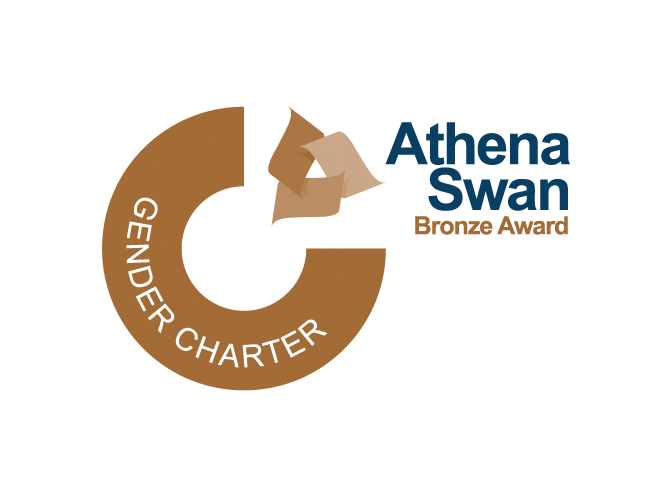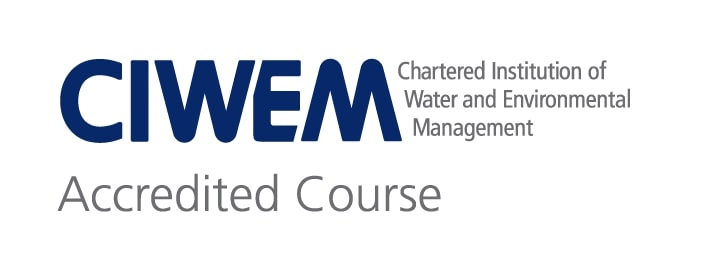Typical support seeking behaviour of Open University STEM students
The importance of personal, non-academic support for students, especially in a distance learning environment, is well documented in the literature. An HEA report (Jacklin et al, 2007) stated that the way that support is provided and organised is important, and that negative experiences result from delays in students receiving a response. Students indicated that it can be difficult to commence their studies. Managing students' expectations versus the realities of life in Higher education can be a challenge at the start of a module.
In the recommendations to the Jacklin et al. (2007) report, the authors highlighted the importance of knowing who to contact, where to go, and what support is available. This is backed up further by Simpson (2018) where he states that, "A good adviser will also use his or her experience and skill to help the student clarify and conceptualize the issue or problem, as well as challenging the student's perceptions when appropriate".
This project is investigating student-initiated interactions with the university in terms of volume, nature and composition in order to understand the potential links between the successful resolution of these queries and the students’ academic performance. The research focuses on the crucial six weeks from the final enrolment date through to the submission of the 1st assignment in a module.
.png) Project team: Paul Collier and Fiona Aiken
Project team: Paul Collier and Fiona Aiken
Data from the academic year 21/22 was examined. From our initial findings several groups were identified as not performing as well in their initial assignment following a slower response to a query. These results were shared with colleagues in the student support team and the personal learning advisors who offer a coaching service to our students.
As a result, personal advisors are contacting students in one of our identified groups, earlier in the 22/23 academic year than they did in 21/22.
The data from this current academic year will be evaluated and compared to the academic year 21/22 with a view to making recommendations of how effective this intervention has been.
References
Jacklin A., Robinson C., O’Meara L. and Harris A. (2007), Improving the experiences of disabled students in higher education, Higher Education Academy Report, https://www.researchgate.net/publication/253525979_Improving_the_Experiences_of_Disabled_Students_in_Higher_Education.
Simpson, O. (2018). Supporting Students in Online, Open and Distance Learning. (2nd ed.). RoutledgeFalmer, https://doi-org.libezproxy.open.ac.uk/10.4324/9780203417003.
News
Celebrating Graduation in Manchester
On 22 November Professors Clare Warren, Mark Brandon and Richard Holliman, and Dr Barbara Kunz travelled to Manchester for an OU Graduation Ceremony.
EEES researcher to lead £800k project to improve global climate change predictions
An EEES researcher is leading a new Natural Environmental Research Council-funded project to improve our ability to predict climate change using cutting-edge analysis of fossilised algae molecules.


